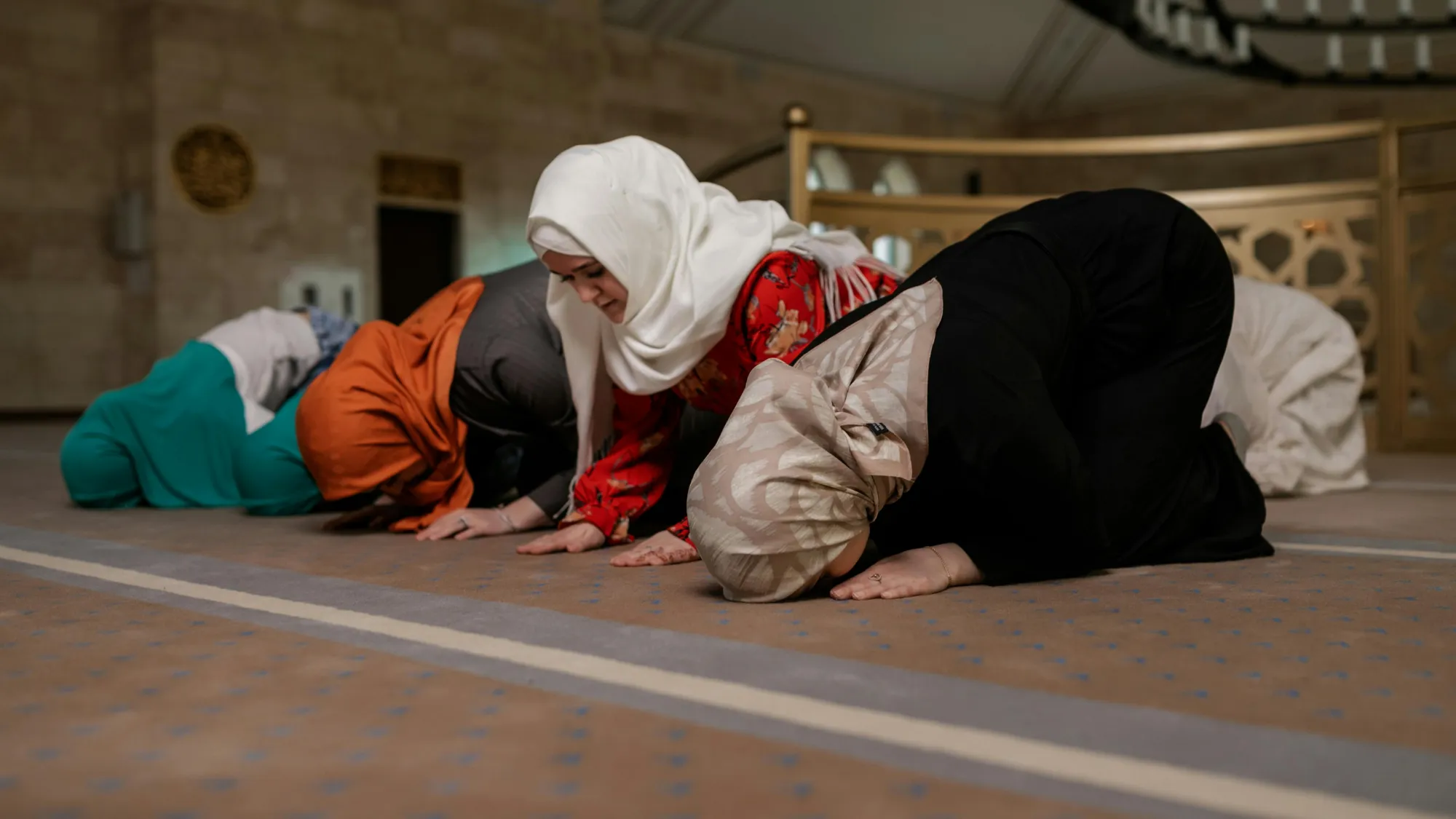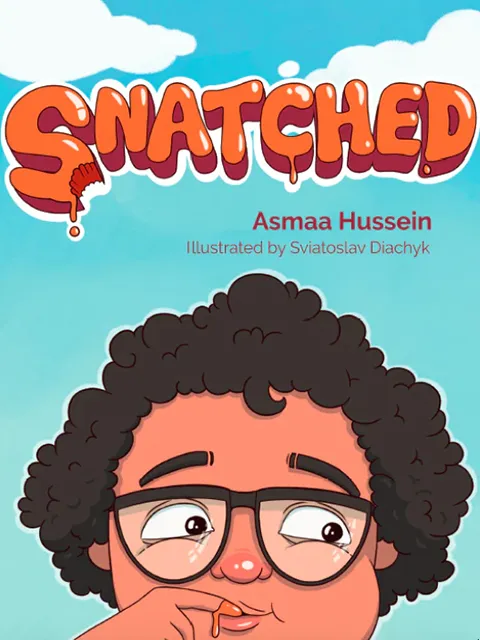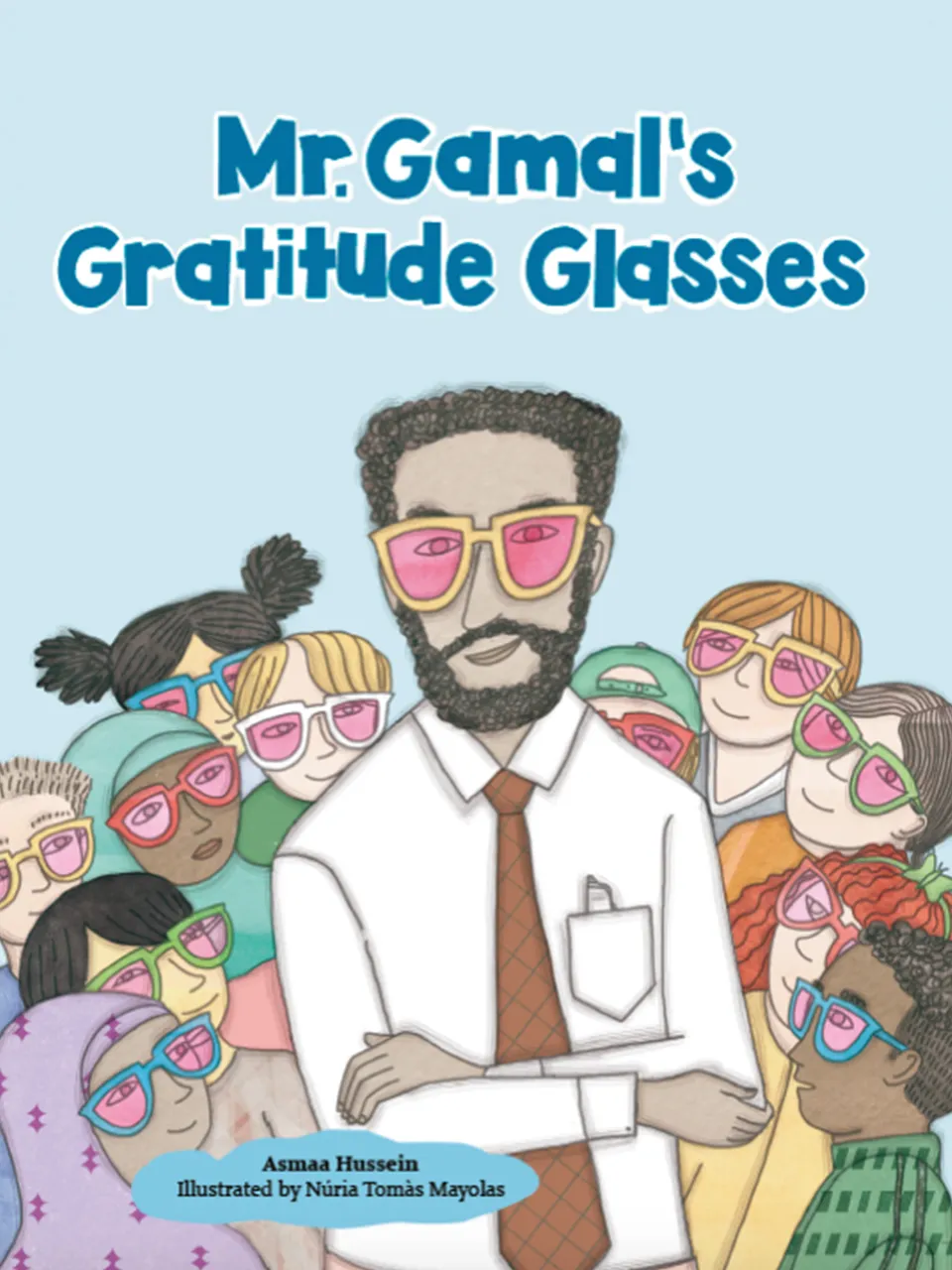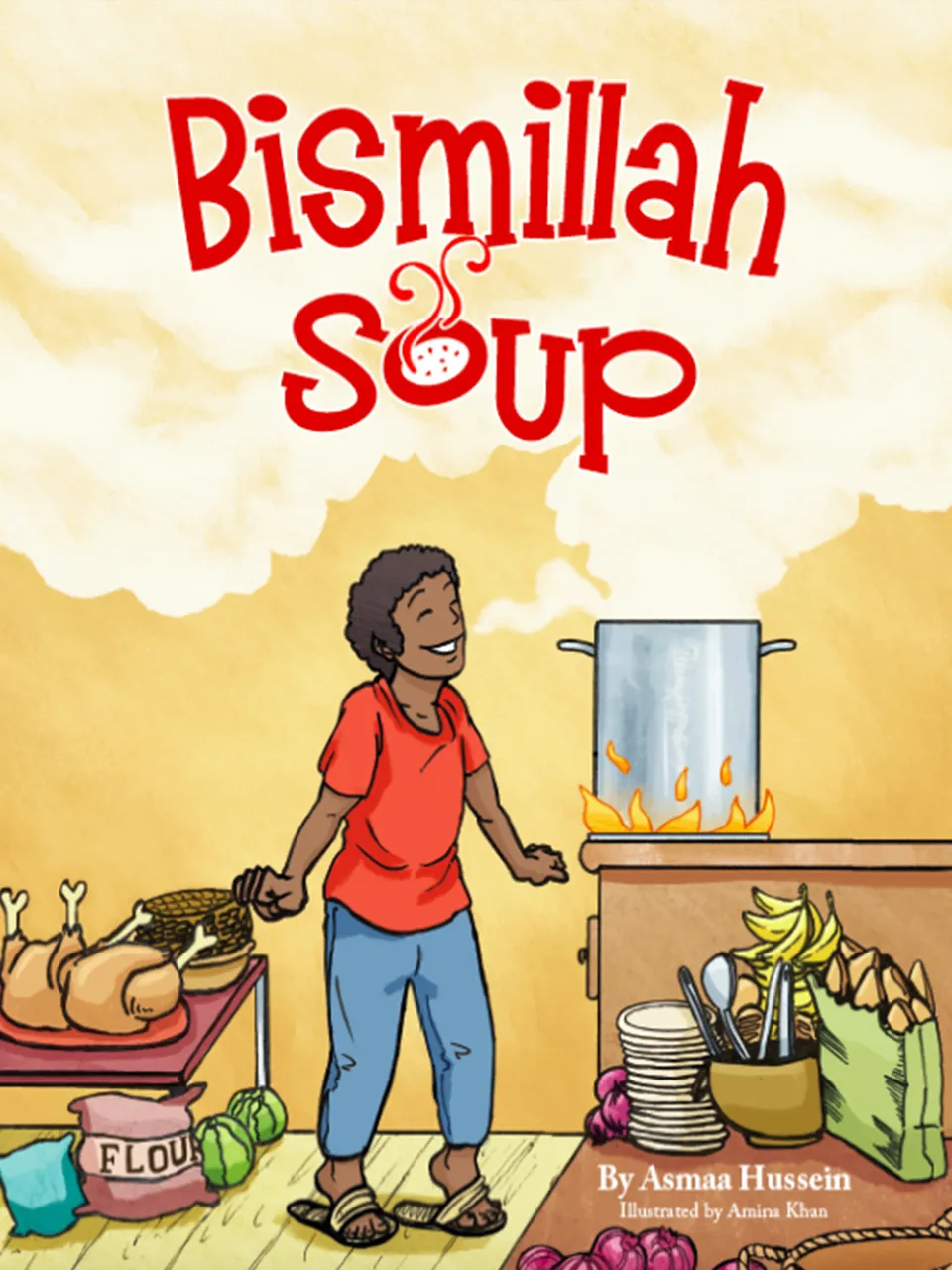
Free Shipping On Orders Above $75

Quranic parenting is truly a special journey — raising children with love and faith, while gently guiding their hearts toward gratitude. It’s even more delicate when parenting teens, who face so many pressures compare themselves to others.
You’ve probably heard it before:
“Comparison is the thief of joy.”
I’ve been reading Rising Strong by Brené Brown for the last two months (one of the perks of having kids is that you basically forget how to read unless there are pictures and rhymes in the book).

She writes about how comparing yourself to others steals joy from your life. I couldn’t help but aggressively nod in agreement while reading those passages. I’ve suffered from this for a long time – looking at what others my age have achieved and feeling like I am behind in every way, or seeing the amazing adventures that parents take their kids on and feeling like I’m not doing enough for my own child.
Unfortunately social media makes it so much easier to compare your life to everyone else’s, from the comfort of your bed. Quranic parenting helps our children to be grateful and to avoid comparison with others in our lives.
The author sheds light on what she personally believes to be the remedy for comparing, but in the midst of reading, I remembered the following hadith:
Prophet Muhammad (saw) said,
“Look at those who are beneath you and do not look at those who are above you, for it is more suitable that you should not consider as less the blessing of Allah.”
This guidance is at the heart of Quranic parenting encouraging us to appreciate what we have by seeing those who may have less, without judgment or pride, but with compassion and humility.
The act of obsessively looking at those who’ve been blessed with more than you is damaging and goes against the basic tenets of gratitude. It undermines your very ability to be grateful to God, regardless of whether the “more” that others have is wealth, status, success, children, or beauty.
Instead, we are asked to focus on those who have less than we do. Perhaps there are those who weren’t born with the same socioeconomic privileges as we have, so they struggle a great deal more just to make ends meet. There are those whose lives have been ravaged by war or illness or trauma. We don’t have to look farther than our own communities, or even our own families to find them.
There are many examples around us. If we pay attention, we will find that even the people close to us are suffering silently. We can learn gratitude by looking at them. Quranic parenting gives us tips to be grateful in every situation.
But looking at those “below” you isn’t a passive or purely empathetic act. It has nothing to do with being condescending. It has nothing to do with piling guilt on your back for having more than they do. It has nothing to do with feeling morally superior for making “better choices” than them. If that’s what you’re feeling, you’re doing it wrong. Nor do you peer into the world of people in need, and then suddenly walk away feeling grateful to God. It’s not that simple.
I would venture to say that nothing in Islam is meant to be “passive.” And charity is never condescending. Gratitude is shown through action… That action is taught through Quranic parenting.
The messenger said,
“The upper hand is better than lower hand…”
meaning, it’s better to be a believer who is consistently in the state of giving than it is to be one always in the state of receiving.
In order to be this person – the one who consistently gives from everything he or she is blessed with – you have to be looking “down.” You have to be in the presence of those who are in need. You have to live with them, know them, make them your companions. That is why quranic parenting involves teaching our children to make good friends.
When you’re busy looking “up” at everyone who has more than you – you know, your Kims and Kanyes (eww though), you’ll never be able to extend your hand to give. You won’t even be aware that other people need you. That act of comparison will fill every little corner of your heart with ingratitude.
Your joy will be stolen.
But if you’re looking “down,” you’ll see into the eyes and hearts of those who need a hand up, and you’ll be in a position to offer it. Gratitude is an action, not just a feeling. It’s being able to praise God for what He gave you, then go out and lift others up.
If comparison is the thief of joy, true gratitude is its remedy.
Quranic parenting is also a remedy that nurtures our children to grow into grateful and mindful individuals.

.webp)

$
12.99
12.99
12.99

£
10.49
12.99
12.99


12.99
12.99
12.99
Best Seller
October 16, 2025
Best Seller
Family
Values

.webp)

$
12.99
12.99
12.99

£
10.49
12.99
12.99


12.99
12.99
12.99
Best Seller
November 25, 2025
Adventure
Values

.webp)

$
12.99
12.99
12.99

£
10.49
12.99
12.99


12.99
12.99
12.99
Best Seller
November 25, 2025
Adventure
Values

.webp)

$
12.99
12.99
12.99

£
10.49
12.99
12.99


12.99
12.99
12.99
Best Seller
November 25, 2025
Family
Values

Sign up today and get 10% off your first order!
Use this discount code at checkout: TENOFF